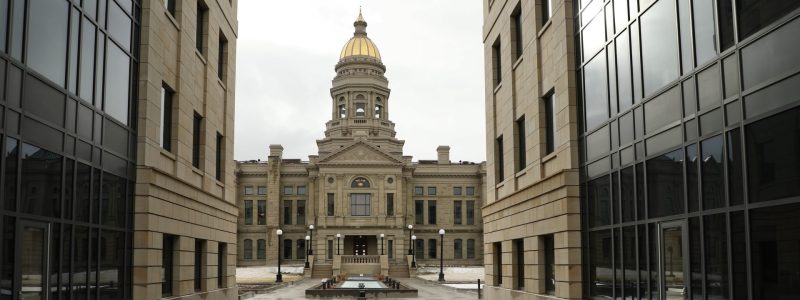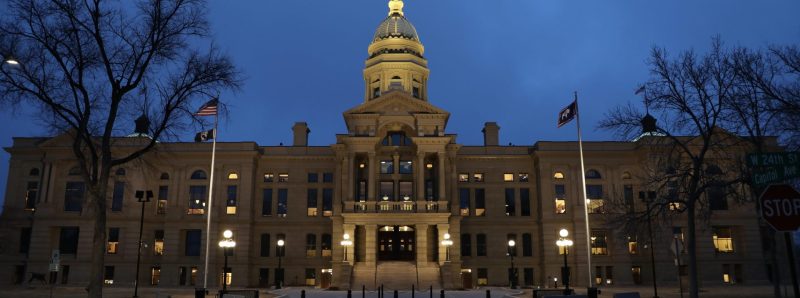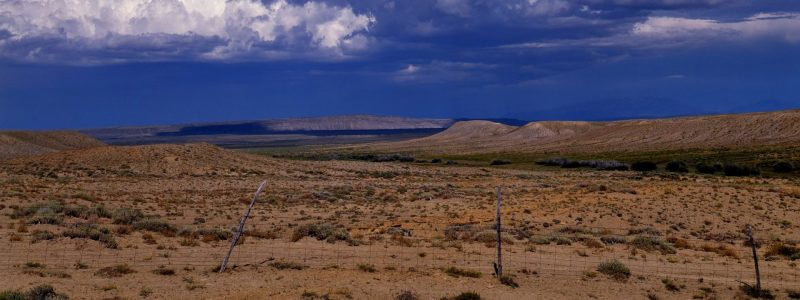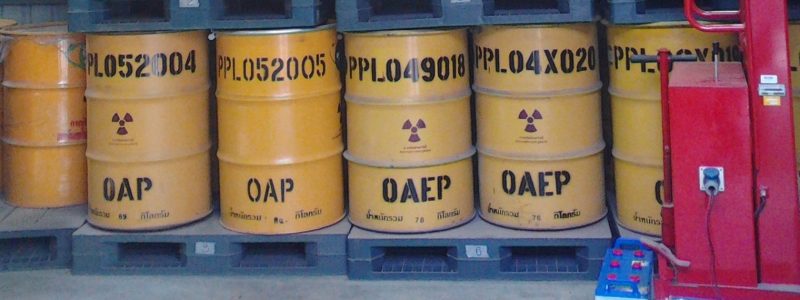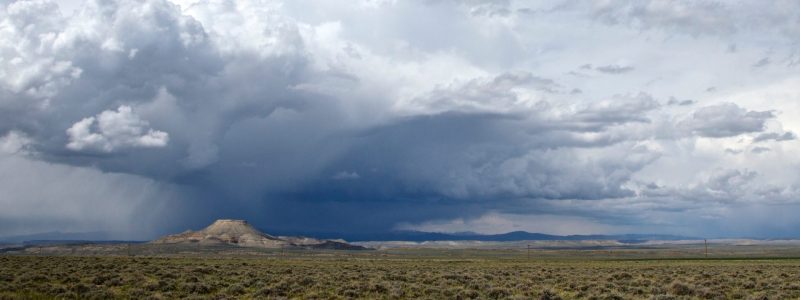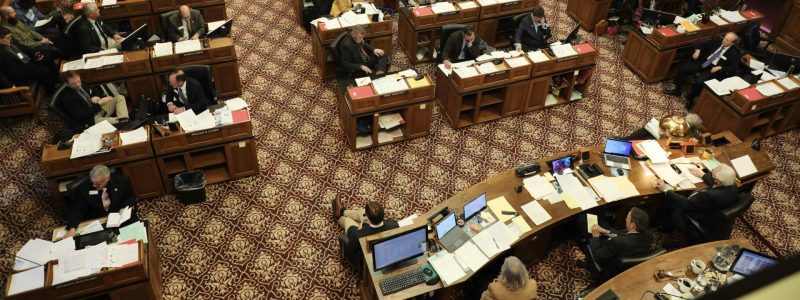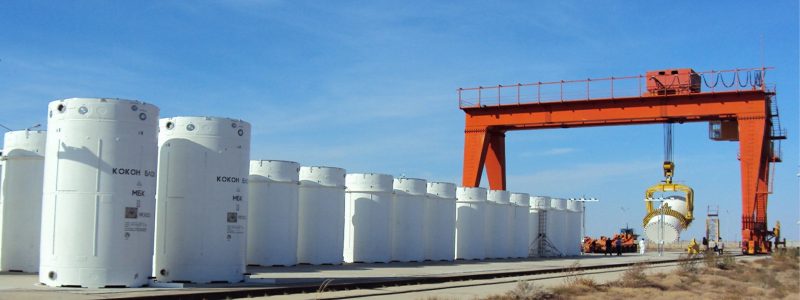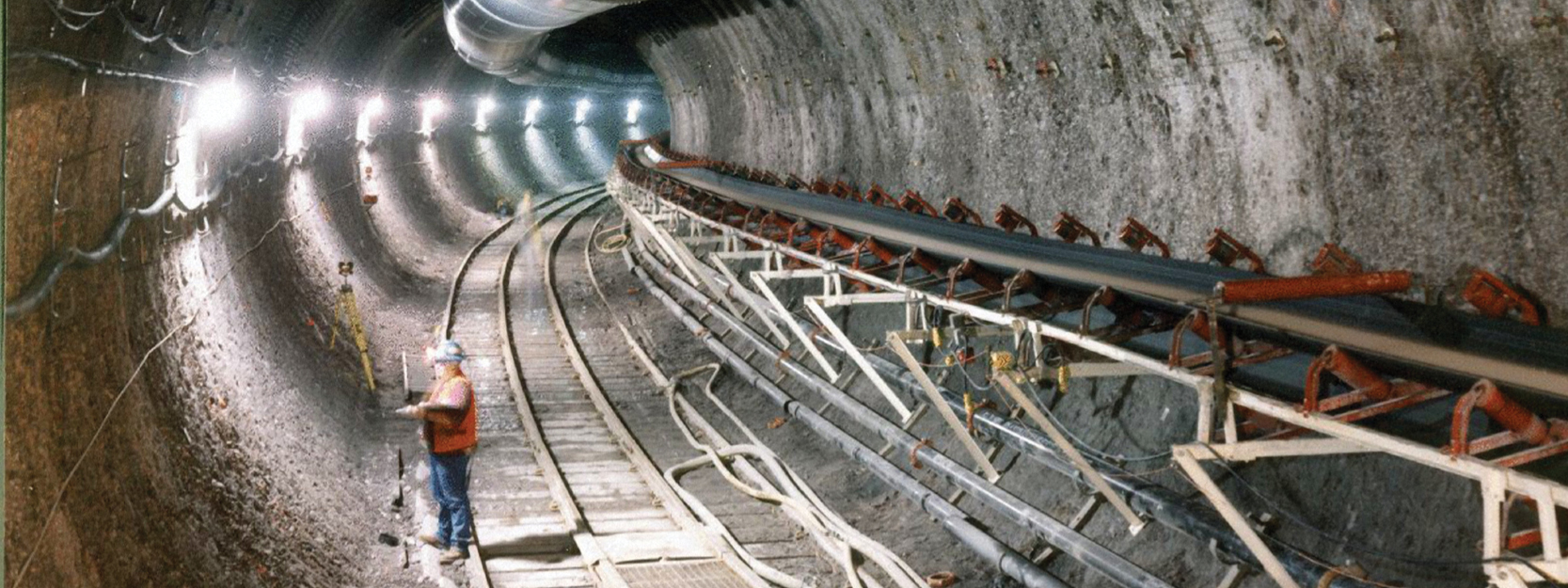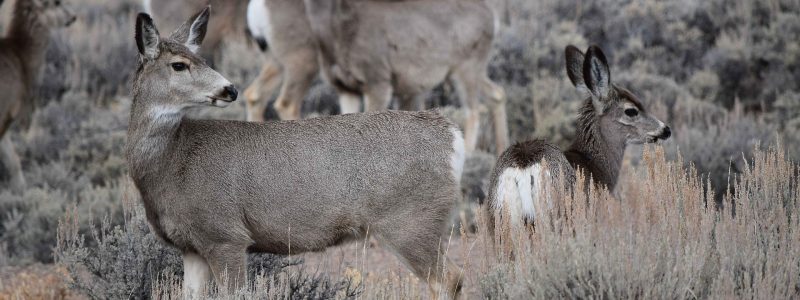Lawmakers from around the state won’t flock to Cheyenne for the 2025 General Session until January. But many of their priorities are set well in advance, shaped during committee meetings during the months between sessions, or the interim.
It pays to keep a close eye on interim committee meetings. That’s because when the session begins, draft bills approved by interim committees have a much better shot of making it through the legislature and onto the governor’s desk, where they may be signed into law.
Wyoming Outdoor Council staff have been closely following several important pieces of draft legislation discussed in meetings of the Joint Minerals, Business, and Economic Development Committee. One draft bill contains a dangerous proposal to expand the types of minerals allowed to skirt the mining permit process — effectively removing public comment for these operations. The other establishes a process to allow storage of extremely hazardous radioactive waste within the state. If the bills become law, the implications for Wyoming’s lands, waters, and communities would be enormous.
WOC’s Carl Fisher, executive director, and Alec Underwood, program director, were in the room to provide testimony during the Minerals Committee’s early October meeting. Afterwards, we caught up with them to hear what happened with these important bills — and what that means as we race closer to the 2025 session.
At the highest level, what do these draft bills do, and why has WOC been following them?
AU: Let’s start with the nuclear waste storage bill, Used nuclear fuel storage – amendments. This summer, lawmakers proposed expanding Wyoming’s economic portfolio by allowing storage of the nation’s high-level radioactive waste, which is the byproduct of nuclear energy. Longstanding Wyoming policy prohibits storage of radioactive waste — but the draft bill changes this, and establishes a process to allow it to be stored. The bill also redefines “high-level radioactive waste” by excluding “used nuclear fuel” or “spent fuel,” which conflicts with the Nuclear Regulatory Commission’s definition. This legislation intentionally creates confusion around an issue of significant importance to our environment, wildlife, and public health.
The committee also considered two bills related to Limited Mining Operations, or LMOs. LMOs are small mining operations, covering 15 acres or less. Historically they’ve been used to source materials like sand and gravel for improving roads for local landowners. Unfortunately, through the bill called Limited mining operations – amendments, some legislators and industry representatives want to include other non-coal minerals in the LMO category. This would be a major shift in how those minerals are regulated. Currently, minerals like gold, copper, and rare earth minerals require a permitting process that includes public input and rigorous environmental review. This is due to their potential to harm water and landscapes, as they can produce harmful byproducts like acid-forming substances.
The second LMO-related draft bill would adjust bonding amounts, which are the up-front costs paid by operators for cleanup after mining operations have concluded. Unlike the first LMO bill discussed, we supported this bill — as did industry groups such as the Mining Association.
You were there to testify on these bills. What did you feel was most important for you to communicate to the committee?
AU: When it comes to nuclear waste storage, Wyoming has a long history of defending our state from dangerous materials whose impacts will linger literally for tens of thousands of years. We also felt the process around this bill had been hurried — again, not good when we’re talking about such negative and long-lasting impacts. Finally, we wanted to correct some of the disinformation that has sprouted up around this issue: Not only have legislators downplayed the very real dangers of exposure to high-level waste, they have incorrectly suggested that Wind River Tribes were supportive of storage, and have made misleading statements about how long waste would be stored.
For LMOs, we felt it was important to highlight the many citizens we’ve heard from who are frustrated by the lack of public engagement allowed under the current LMO process. Exempting new mineral types would make a bad problem worse, by effectively removing the public comment opportunities for operations with potentially significant negative impacts to public health and the environment. The bottom line: Landowners adjacent to these operations, and the public, should have a say in matters impacting their communities.
What actually happened with these bills at the meeting, and what does that mean for the future of these issues?
AU: The committee passed all of the bills we’re discussing, which means they will be “committee-sponsored bills” in the 2025 General Session. Traditionally, committee-sponsored bills are well-vetted bills that have been through an exhaustive process, with rigorous debate and public input. Because of this status, they have a much higher likelihood of being adopted as law.
The process around the nuclear waste storage bill was rushed, only coming up at the last committee hearing of the interim. It was not carefully vetted, and conflicts with federal law and the very definition of high-level radioactive waste. This is not good public policy, nor is it a good outcome for Wyoming. The committee also advanced both the LMO bonding bill and the bill to exempt new minerals under the LMO category. Unfortunately, as several committee members pointed out, these bills conflict with each other — because one is really a subset of the other. These bills will likely be combined during the session.
CF: It’s also important to note that this meeting is just one step in the process. While committee members vet bills and make policy recommendations during the interim, it is only during the 2025 General Session that these laws may become law in Wyoming — by passing both the Senate and House of Representatives, then earning the governor’s signature. If we wish to see a change of course from where these proposed policies now stand, it’s going to take the dogged, factual, and respectful engagement of Wyoming citizens. This, after all, is your government, and those at the dais are your representatives.
What was the atmosphere in the room like around these issues?
CF: Legislative hearings, whether during an interim committee meeting or the general session, are interesting. Often, who is saying things — rather than what is being said — carries the most weight. The audience ebbs and flows as the agenda changes, but at any given time, the number of citizens in the room is usually less than you can count on one hand — which is to say the vast majority of people who are there are paid to be there.
At this meeting, there were lobbyists and staffers from industry groups, plus leadership from state agencies and programs. While citizens impacted by nuclear waste and the LMO provisions were there to testify, testimony by industry representatives, Wyoming Department of Environmental Quality staff, and former Wyoming Legislature leadership appeared to carry the most weight. Still, there was good input from other citizens and groups sharing their concerns around these policies — and when citizens do show up to testify, it certainly changes the tone and the consideration of legislators.
This isn’t the first time Wyoming lawmakers have had the discussion around nuclear waste storage. How did this meeting differ from past discussions?
CF: Wyoming has had legislation on the books for decades blocking the storage of high-level radioactive waste within the state’s boundaries. As for this meeting, within the span of an hour-long discussion and public testimony, decades of policy was turned completely on its head. Which is to say, the conversation to create the policy had a lot more depth to it than the committee deciding to reverse course and invite the nation to regard Wyoming as its nuclear wasteland. The committee also stated they believed Wyomingites were in support of what they were doing, which simply doesn’t track from an historical perspective.
For LMOs, committee members discussed this same bill in July, but voted against moving it forward. Why was the outcome different this time around?
AU: In July, After WOC supporters and other organizations like the Casper Mountain Preservation Alliance turned out to oppose the bill, the committee put the brakes on advancing the bill and resolved to improve it. Though the LMO amendments bill would still effectively remove public comment opportunities by including new minerals to be exempt from permitting, the bill was improved in many ways, including increased bonding rates and requirements for restoration after operations are complete. Perhaps committee members felt that these changes were sufficient to move the bill forward. However, we maintain that mining operations for hardrock minerals, even if they are small, should not be exempt from permitting, environmental review, and public engagement.
Ahead of this meeting, WOC called on Wyomingites to engage their legislators and speak out against these bills. What’s the potential impact of citizen engagement on these issues — now and in the future?
CF: As we talked about earlier, there is certainly a power imbalance at play. Industry lobbyists’ testimony carries much more weight than members of the public. Even more imbalancing is the fact that the lobbyist is paid to be there, while members of the public must leave work and family to testify. That said, every comment truly makes a difference. While these measures passed this committee, they certainly didn’t pass unanimously.
Much work still needs to be done between now and the 2025 General Session in January. There’s an election between now and then, meaning that the next time these bills come up, the legislature will have a new composition. This comes with its own set of challenges, and opportunities. But at the end of the day, citizen voices will continue to humanize these issues. Members of the public don’t speak up because they’re paid to do so; they speak up because they care — and that represents something truly invaluable.

